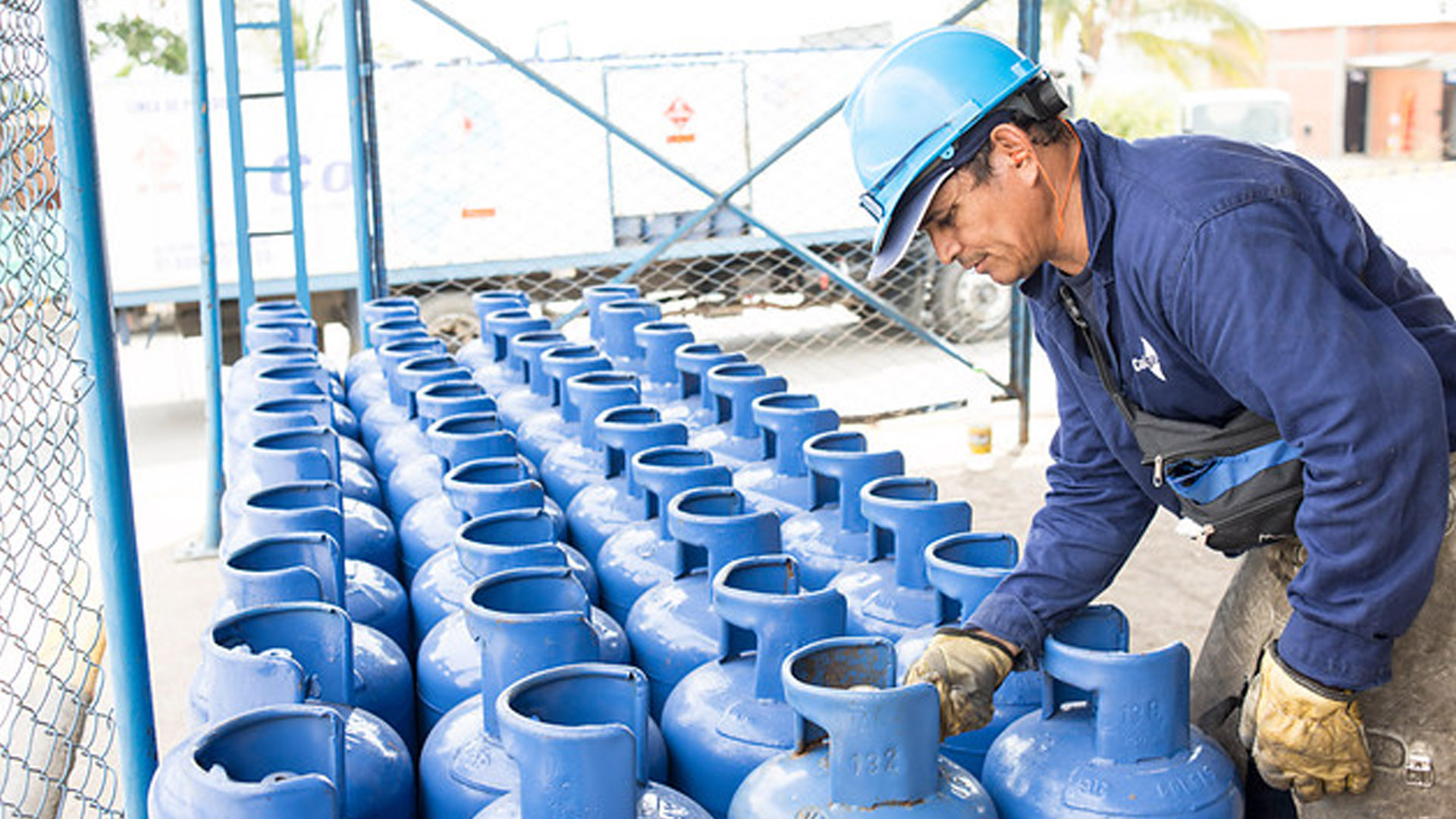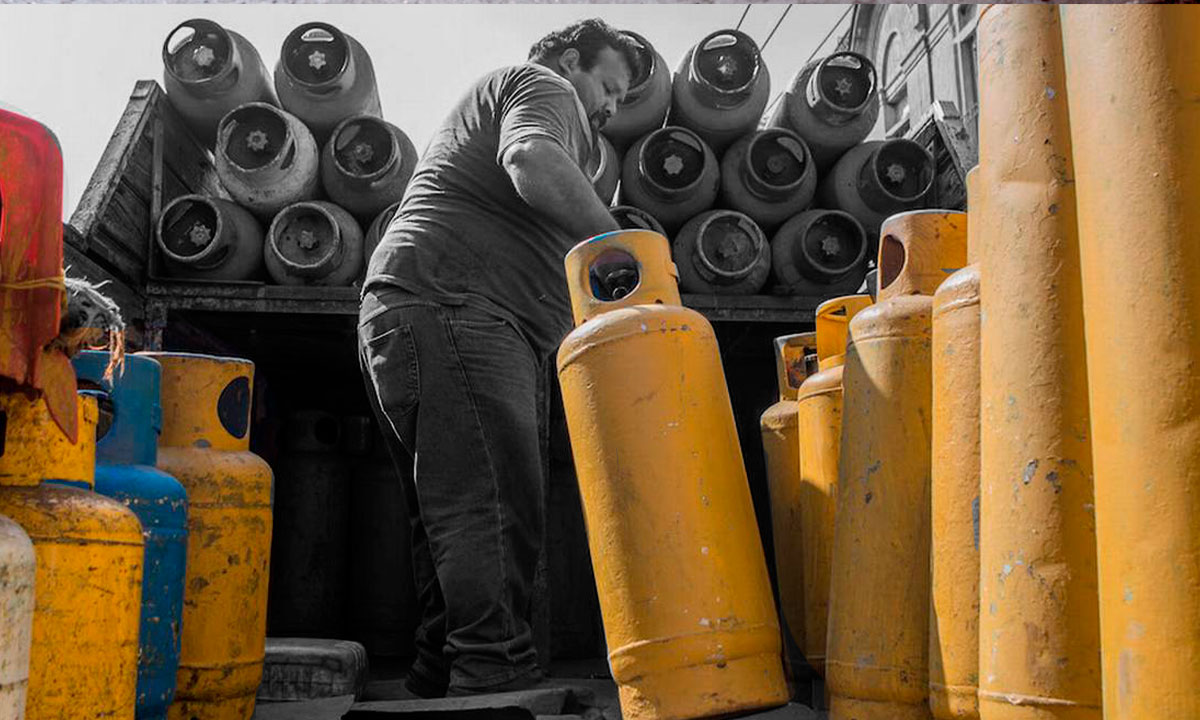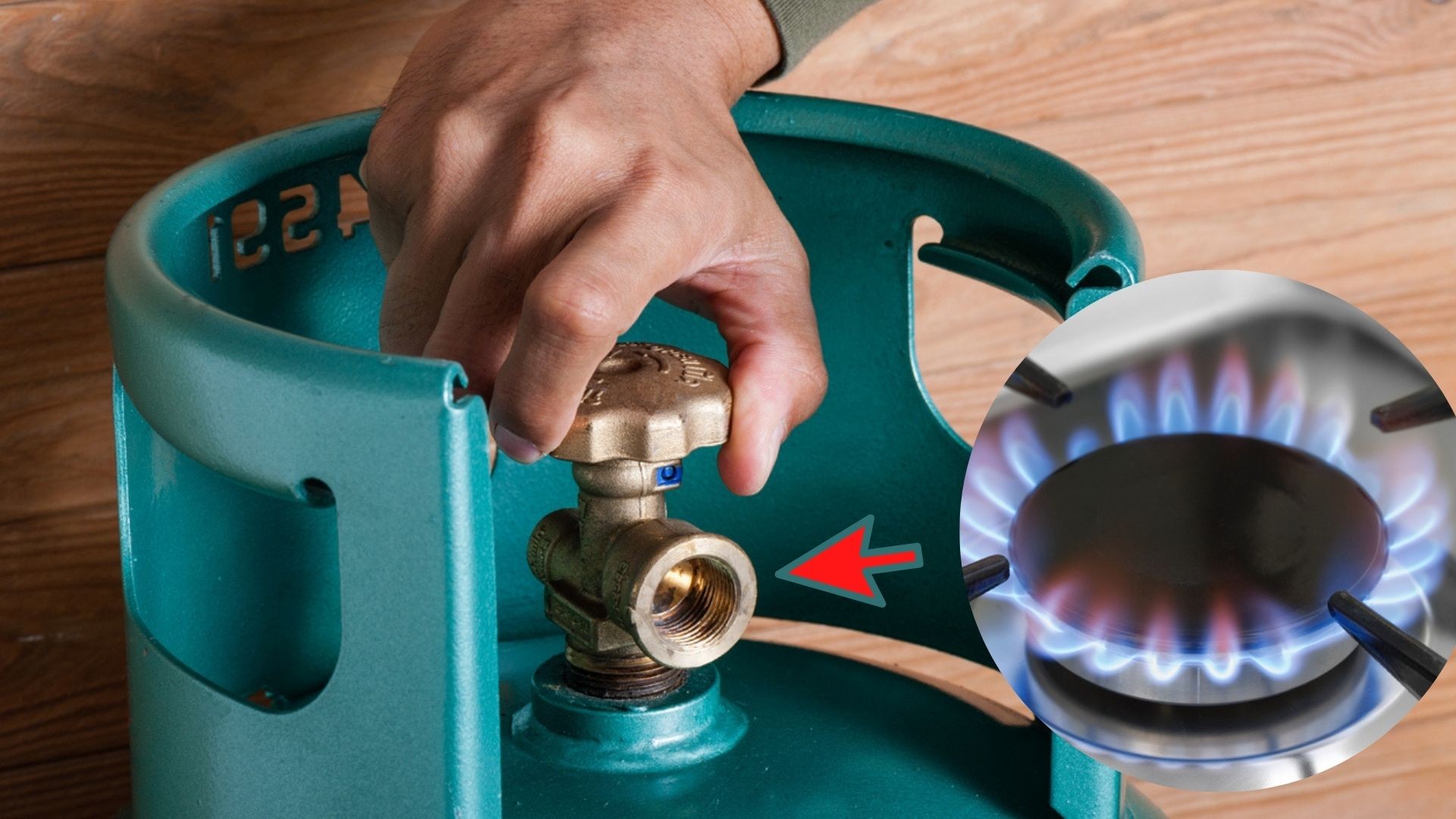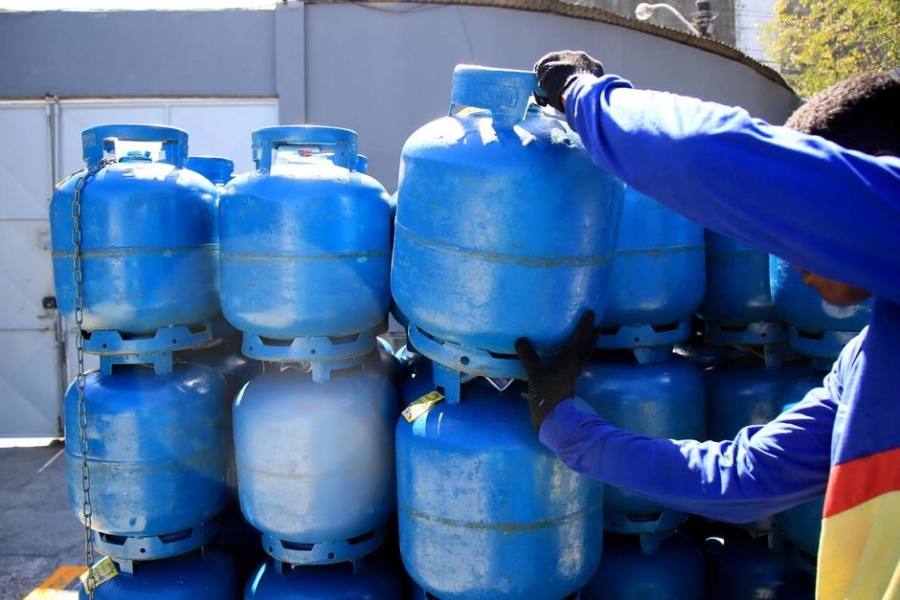By amending said regulation created on december 23, 1970, the legislators will guarantee universal access to liquefied gas for consumers, since monopoly and privileged practices in the sale of cylinders will be avoided.
In addition, free competition among companies will be promoted in order to generate more benefits to users.

Universal filling stimulates free competition, establishes an equitable system and unifies the use of a single valve in the cylinders so that it is accessible to any consumer, in addition to providing a better availability of products nationwide.
"We seek to apply an equitable system that generates equality in the market and encourages domestic and foreign competition. It is important that we can provide clear rules that allow us a fair and competitive market for salvadorans", said Congressman William Soriano.
At the moment, at the national level, only the exchange of cylinders between different companies is allowed in case of shortage of the product, but there must be an agreement from the Ministry of Economy to carry out this practice.

To date, the national park of cylinders is around 3 million (3,202,745), according to the records issued by the Directorate of Hydrocarbons and Mines of the Ministry of Economy (MINEC).
So far, in the Central American region, El Salvador, Nicaragua and Panama allow distributors to fill only cylinders of the same brand. While in Guatemala, Honduras and Costa Rica they have been authorized to fill them regardless of the company's brand.
If the reform bill is approved by the legislative plenary, the country would become part of the group of nations that carry out universal and free filling.
Opinions received by the commission
The legislators of the commission received proposals from the Defensoría del Consumidor, Corte Suprema de Justicia (CSJ) and the Hydrocarbons Directorate, with which they obtained the necessary tools for the study of the articles they intend to modify.
"It has been important to know the technical opinion of these institutions, because they have knowledge of certain specific topics. They provide relevant information on the movement of this sector at national level", said the president of the commission, Congressman Rodrigo Ayala.

The Directorate of Hydrocarbons, the institution that will have greater authority to supervise the product and its distribution, indicated that the substitution of filling by brand is viable. This after it submitted a comparative study of the different systems currently used in the region, where the universal filling system in most Central American countries stands out.
"For the study of the reforms to the Law Regulating the Deposit, Transportation and Distribution of Petroleum Products, we have been accompanied by the pertinent institutions, in order to make the best decision", assured legislator Soriano.
In the previous session, the deputies received representatives of the three propane gas distribution companies operating in the country - Tropigas S.A., Zeta Gas and Grupo Tomza - to expand the study and, at the same time, to listen to their opinion on the modifications to be implemented to the current law.
The advantages of universal filling
Among the main advantages of the universal filling system that the Hydrocarbons Directorate highlighted is that the cylinders can be filled by any of the bottling companies in the system of common use containers, despite the existence of a brand differentiation.
That is to say that the filling of such cylinders will be free in the sense that, once the safety and conservation requirements are met, any of the authorized companies may fill any of the containers in circulation.
In addition, it promotes the existence of a competitive market through the free participation of companies and brands engaged in the different activities involved in the commercialization of hydrocarbons and avoids monopolies, oligopolies and privileged practices.
It also establishes an equitable system that allows the creation of equal opportunities in the field of acquisition, storage and distribution of oil and its derivatives, promotes domestic and foreign competition, stimulating free competition, encouraging investment in the field of oil and its derivatives, as a strategic area, seeking to establish clear rules that allow the installation, operation and marketing in a safe way to companies.
Finally, it eliminates monopolistic practices since it reduces possible intentions to harm competitors by damaging or withholding containers.
 English
English  Español
Español 
